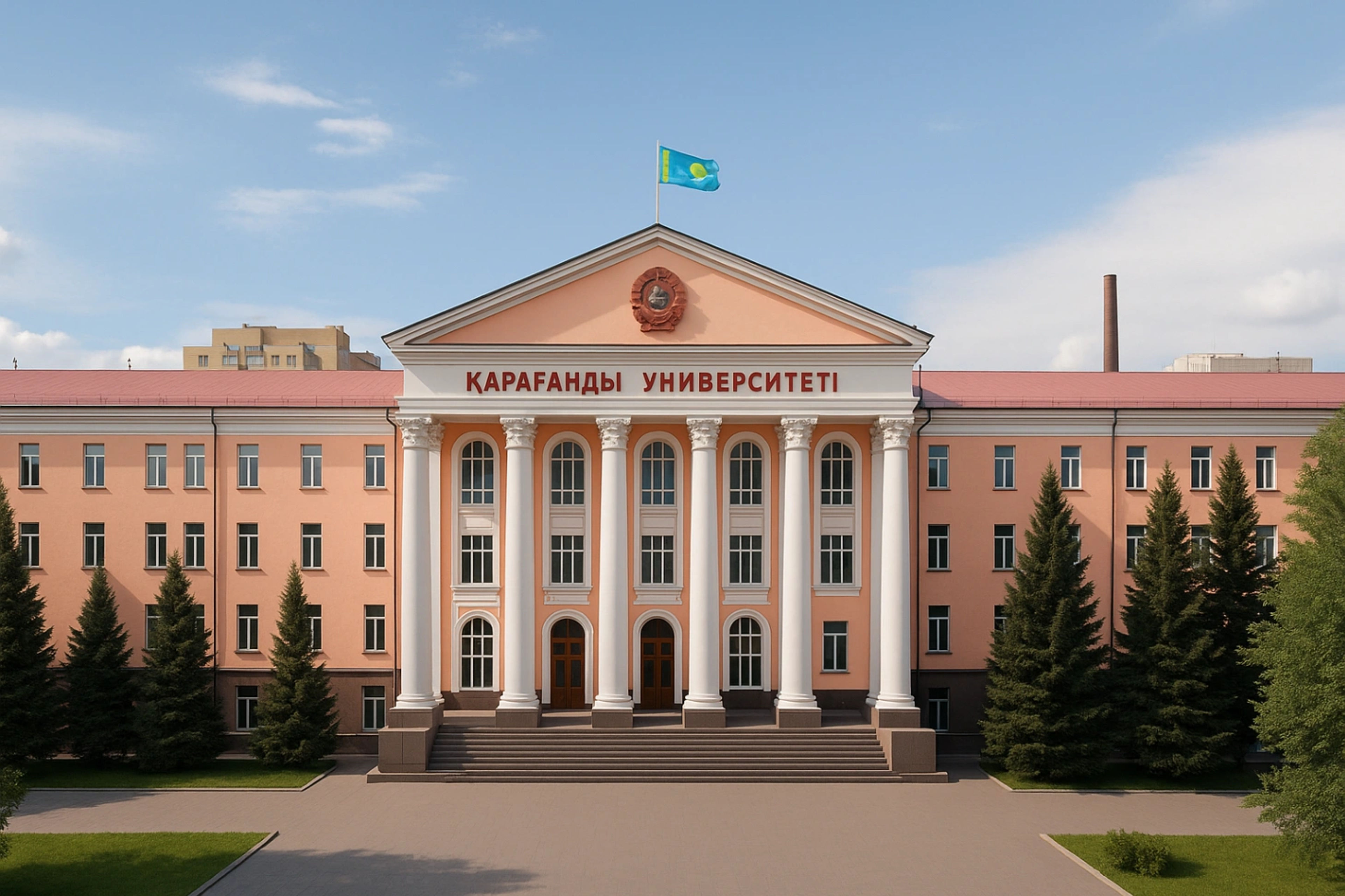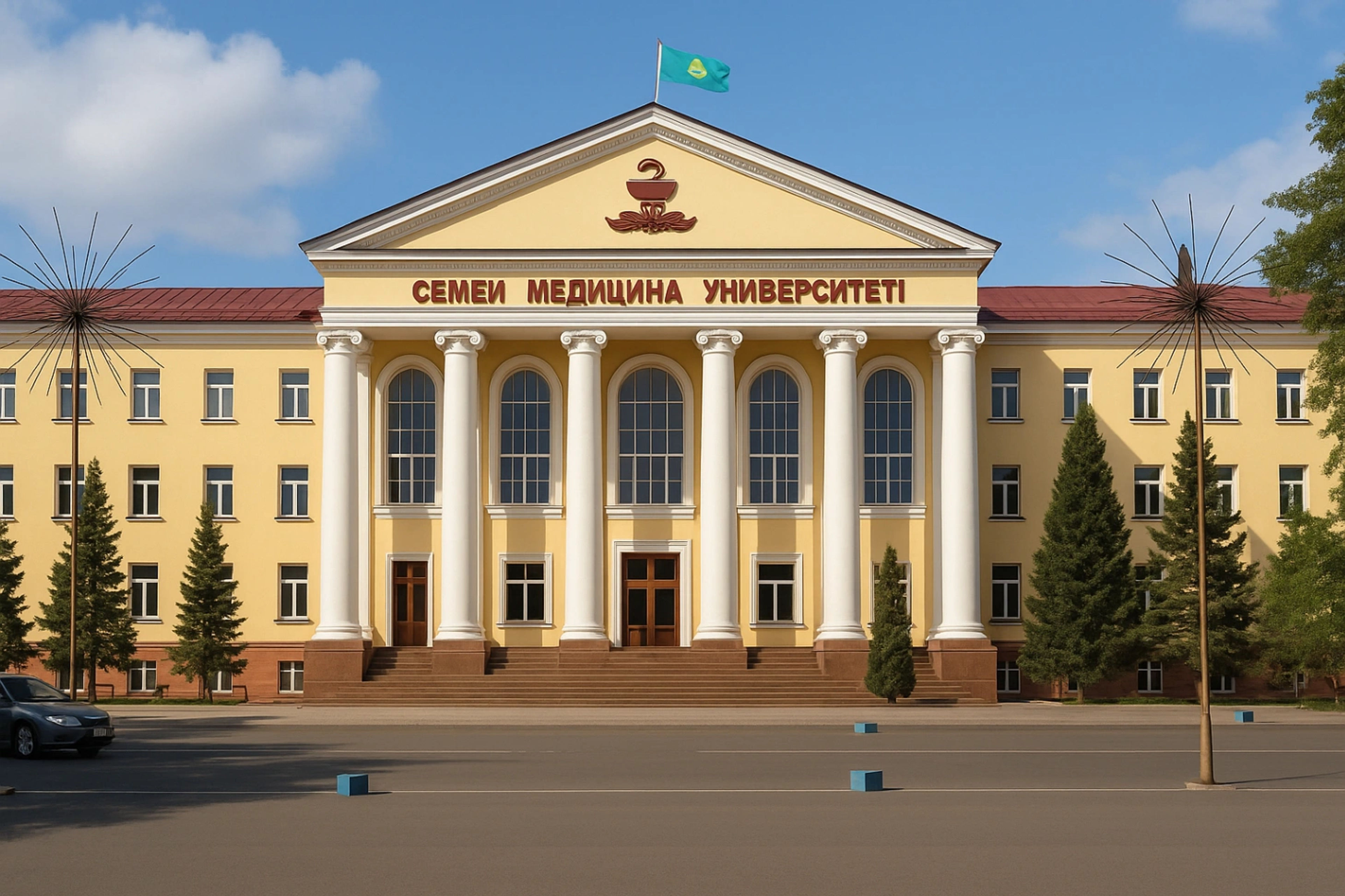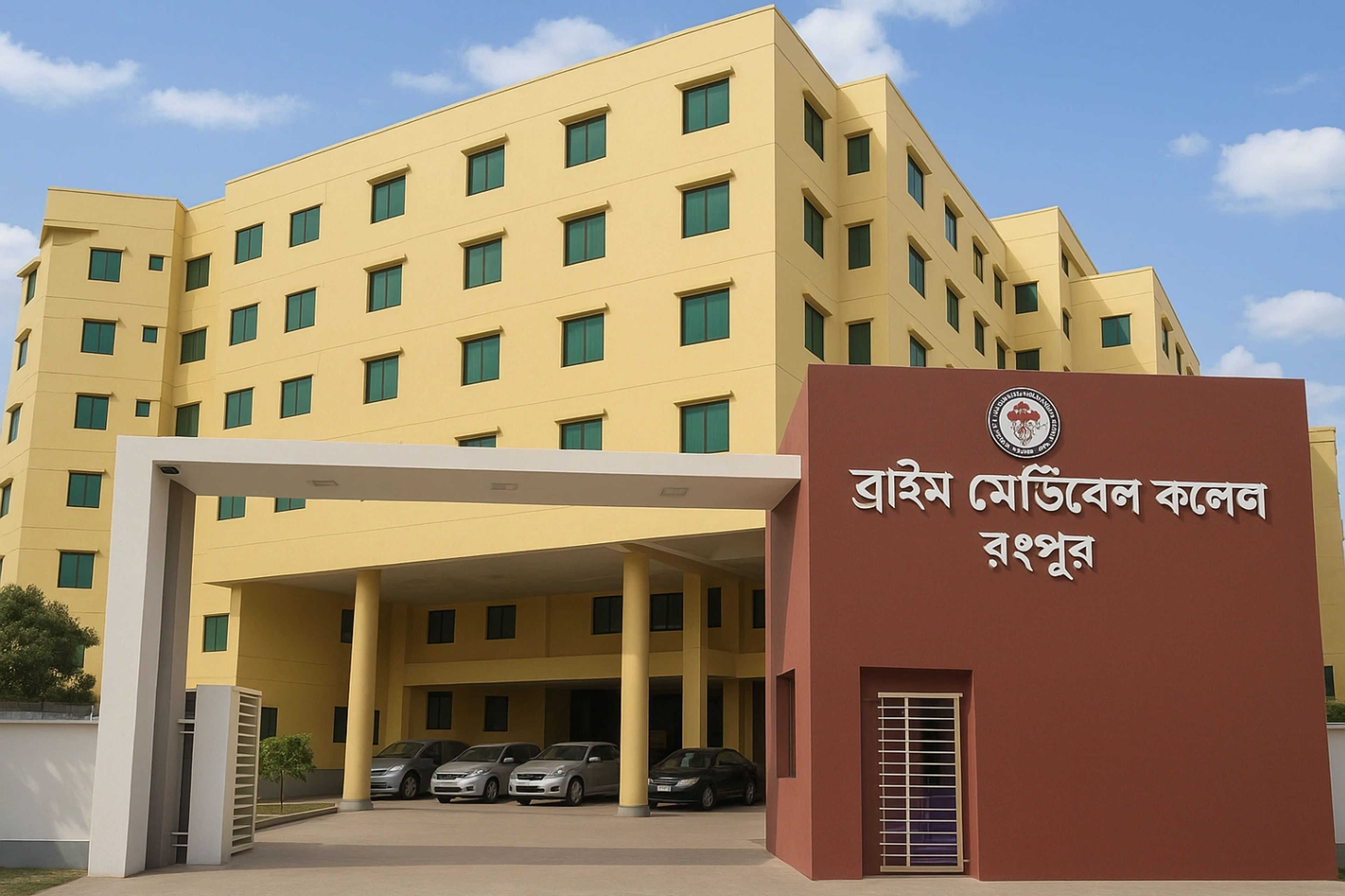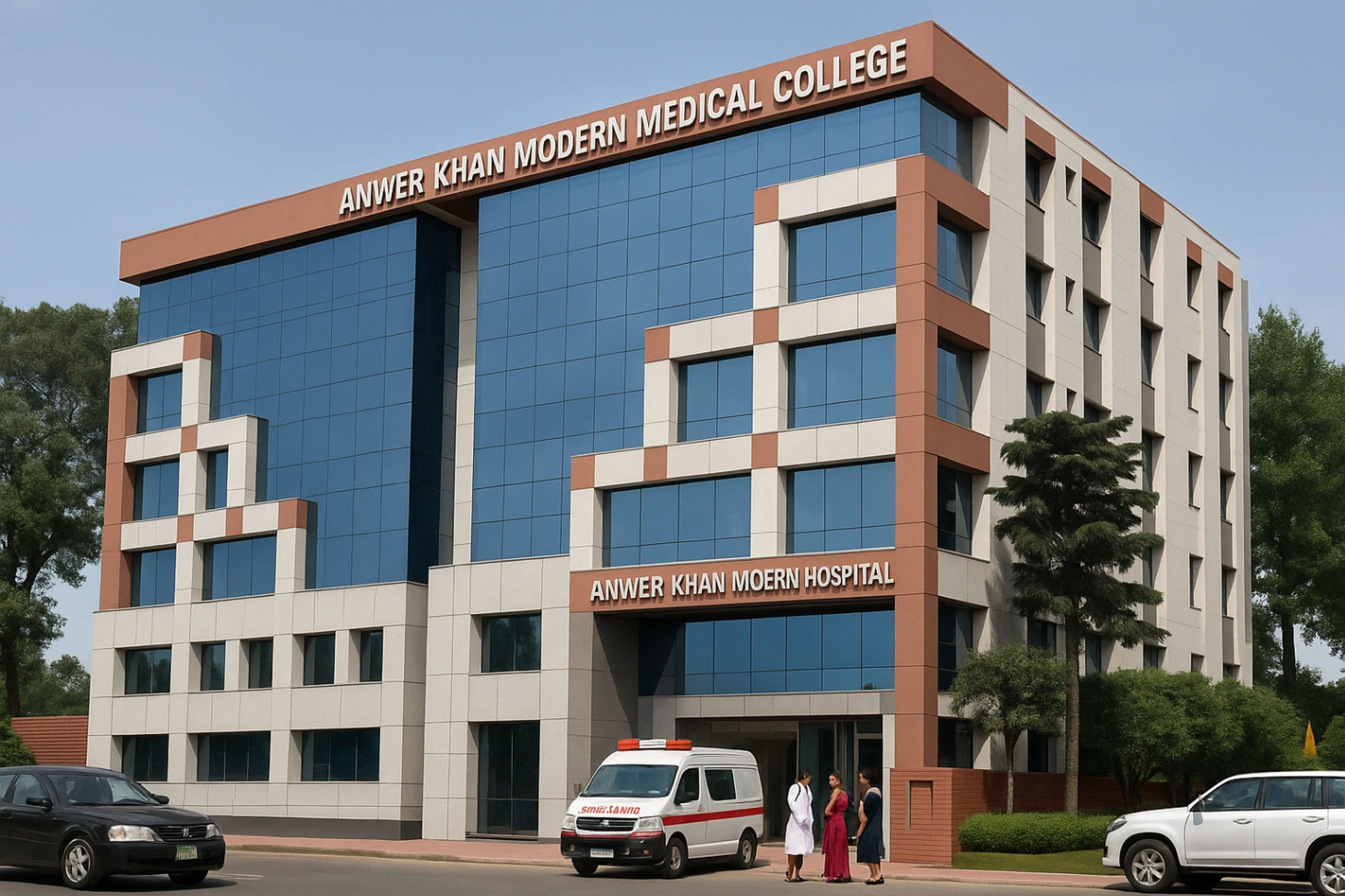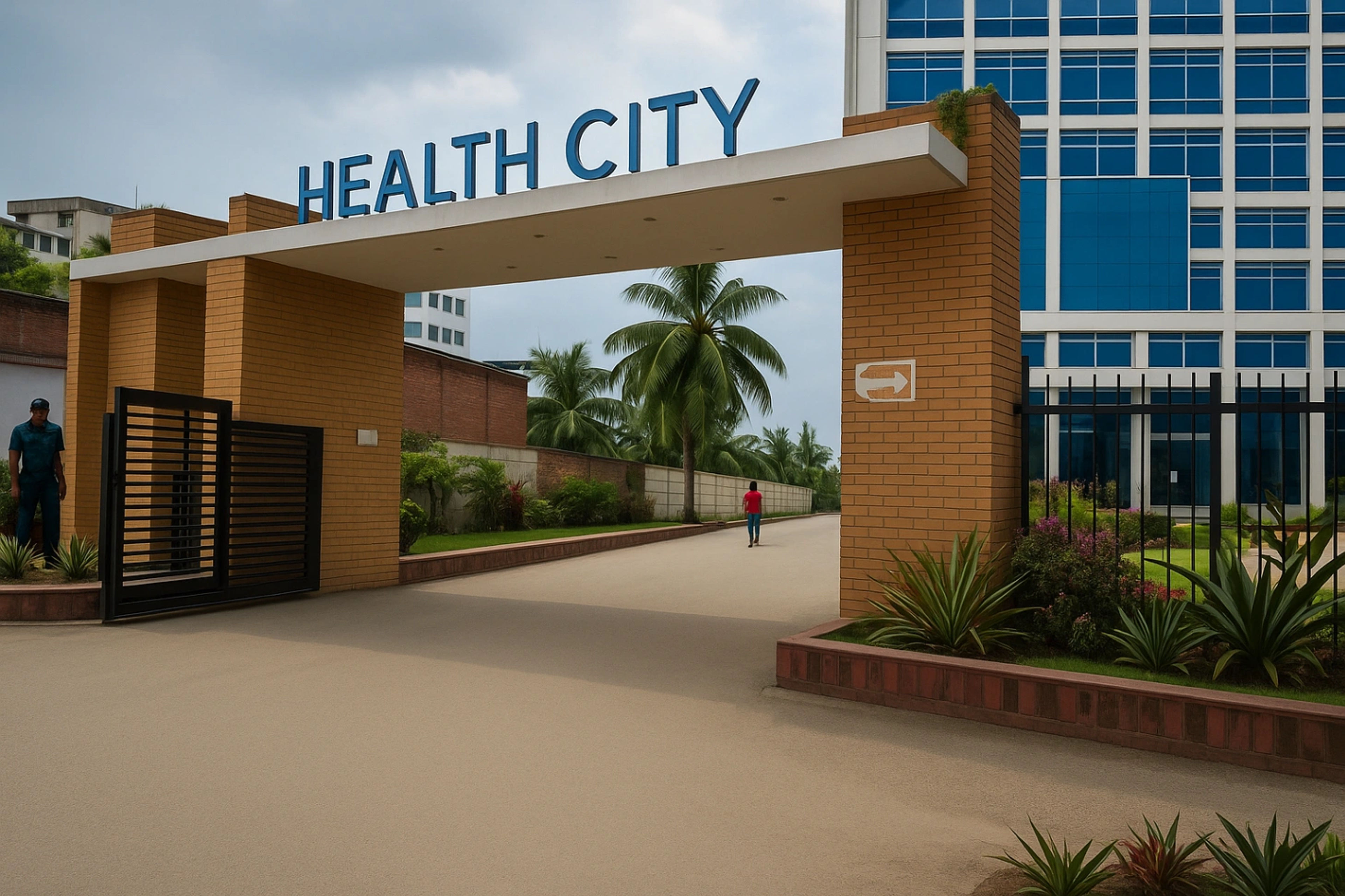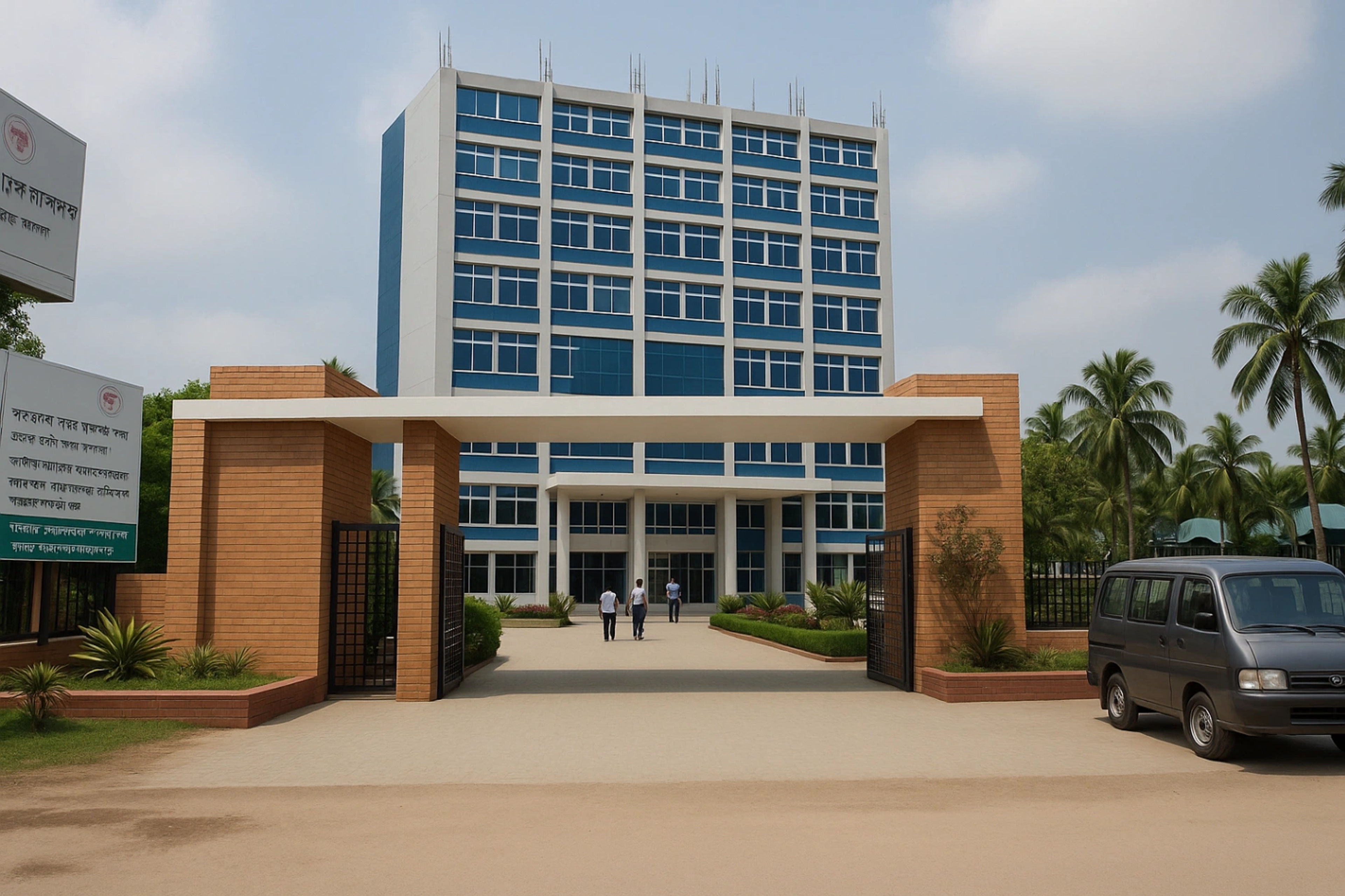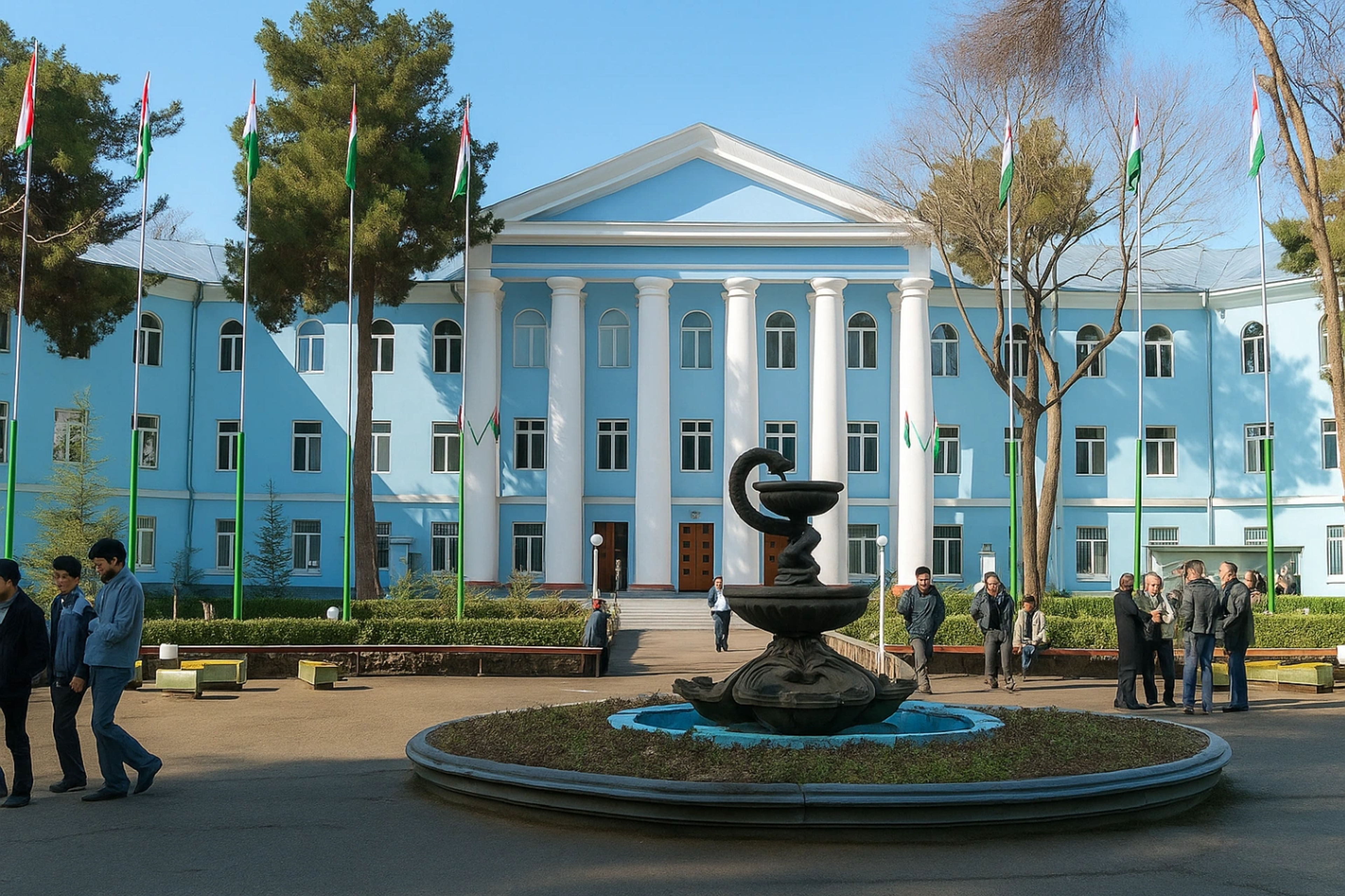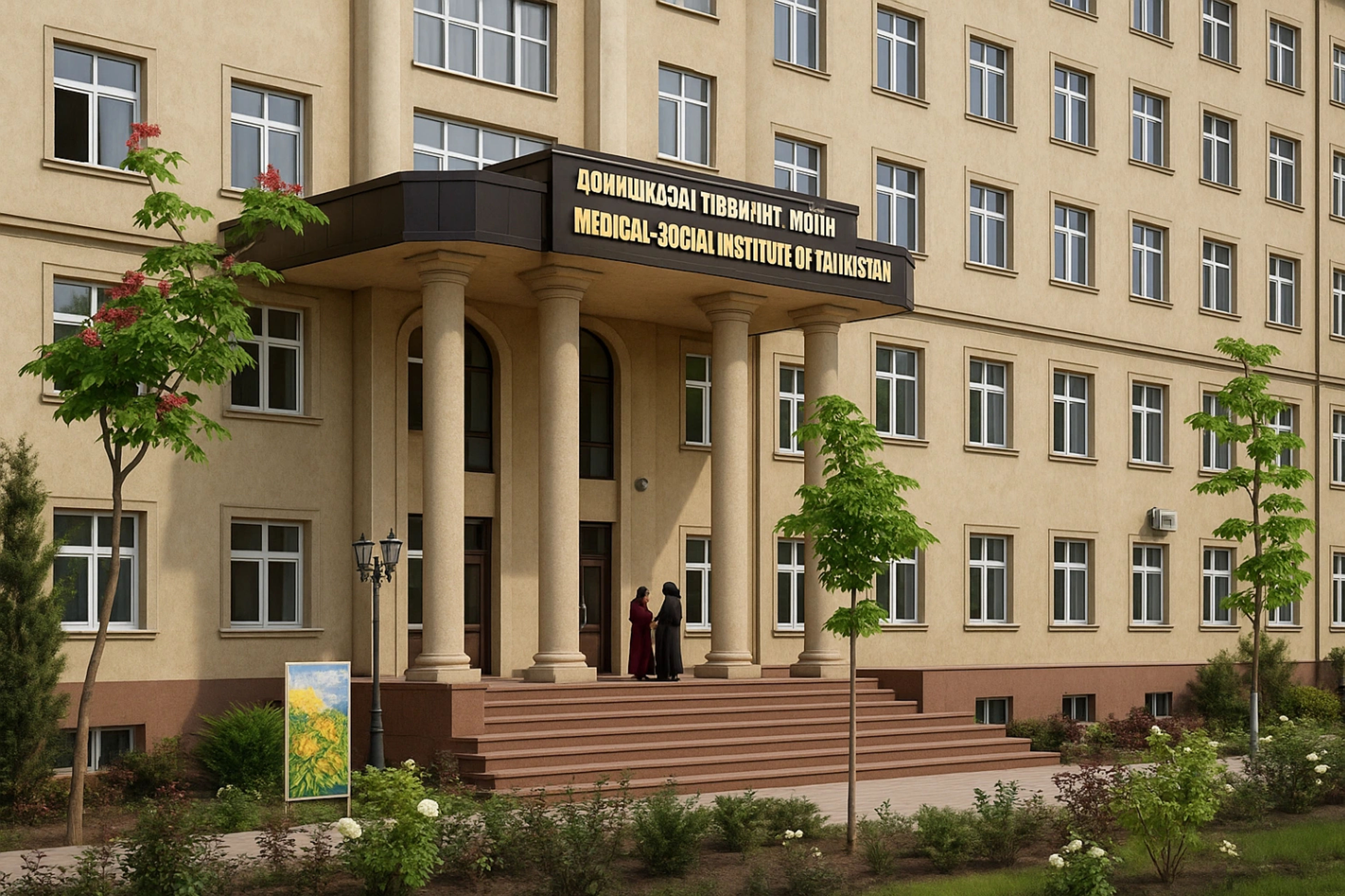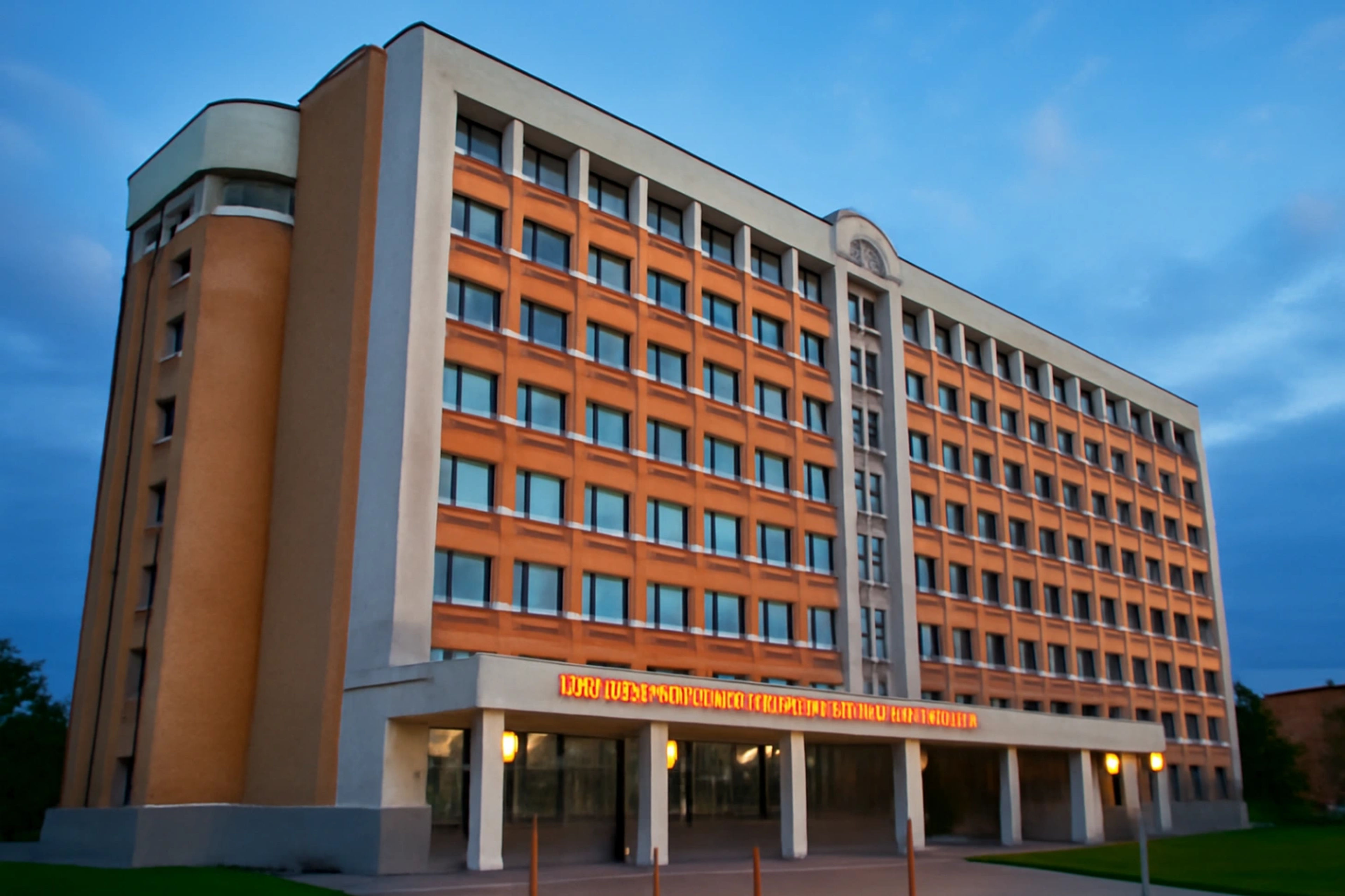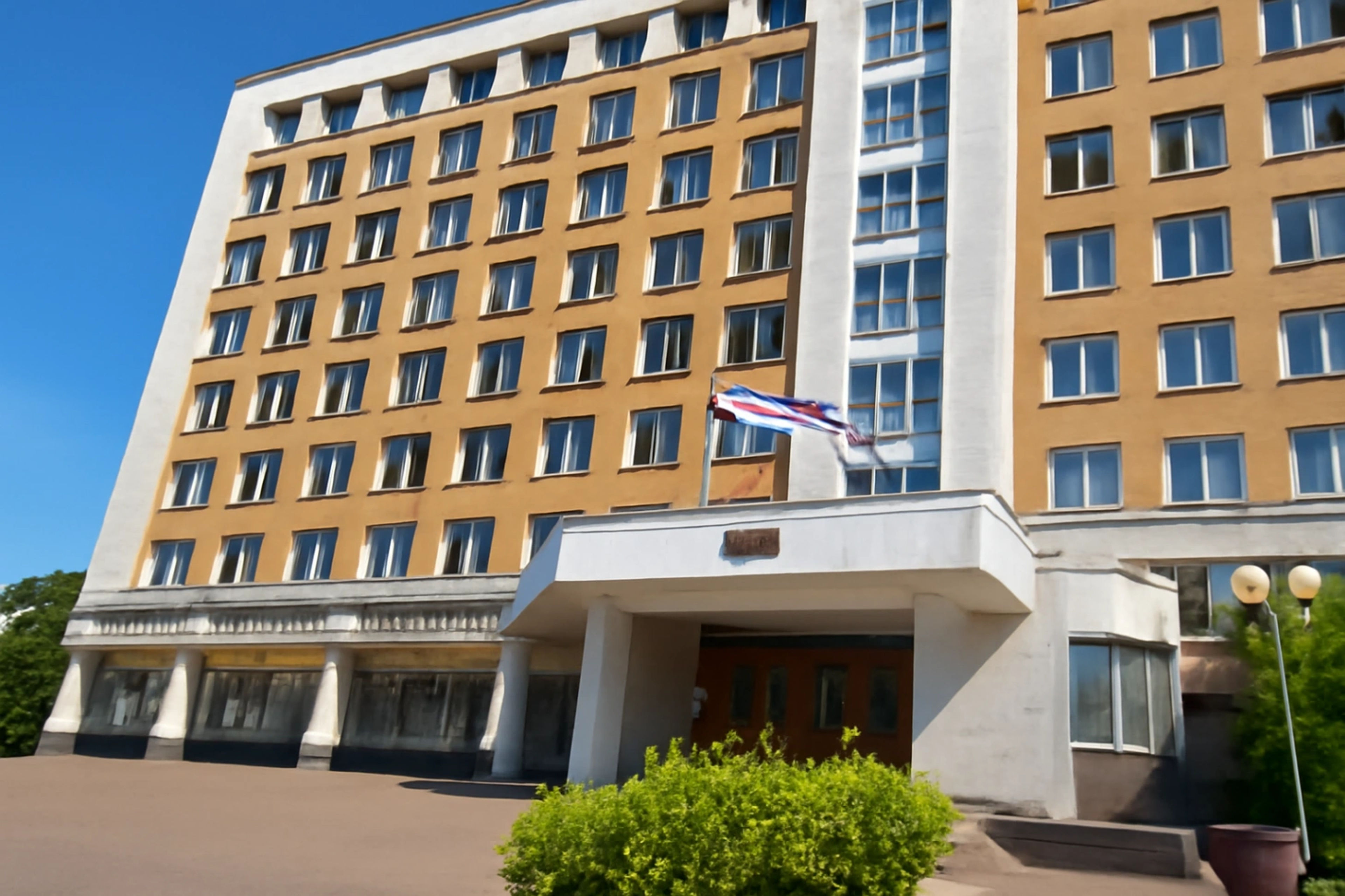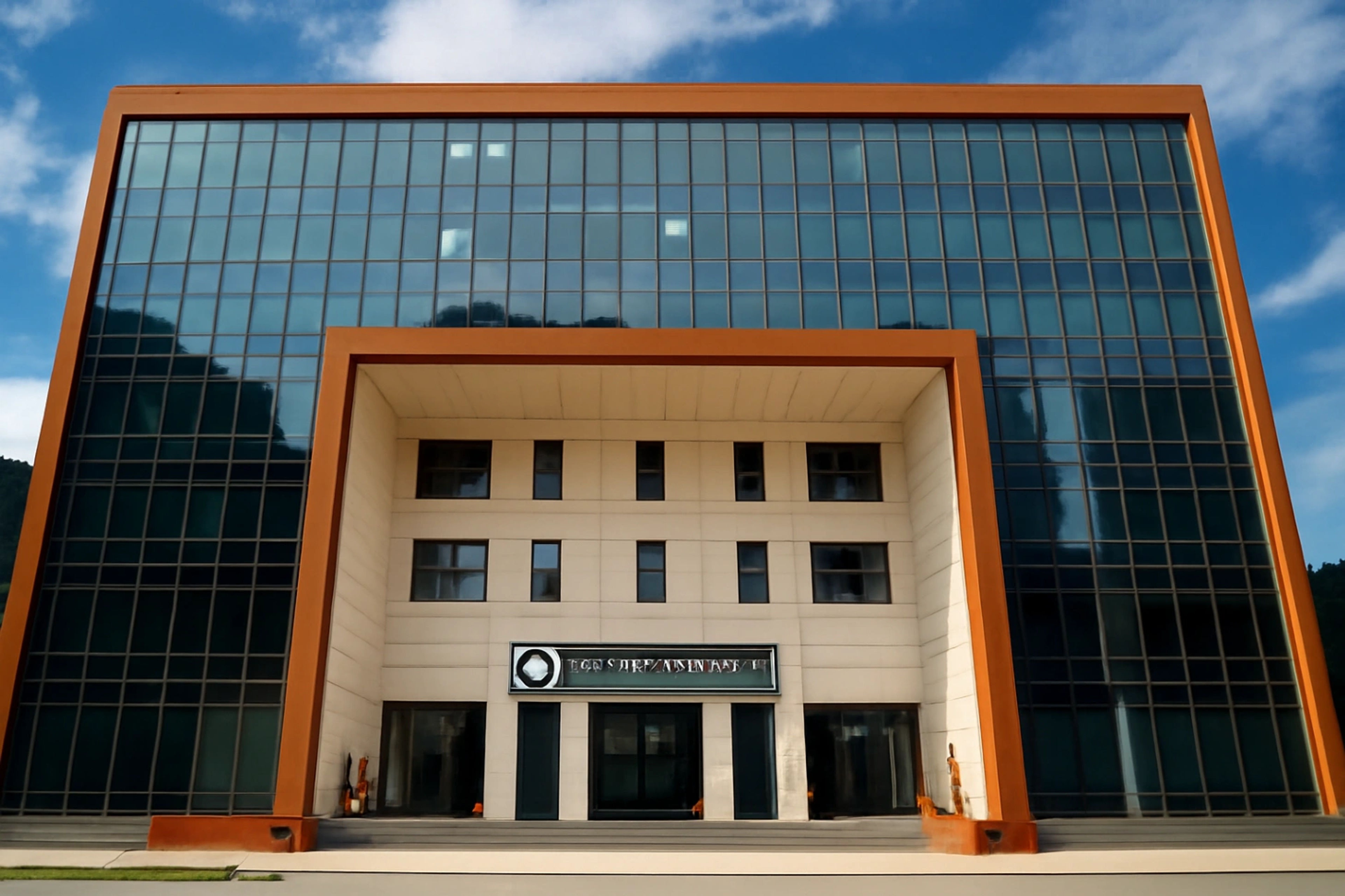M.B.B.S.
Overview
MBBS in India is a significant choice for undergraduates to pursue a medical education. There are a total of 706 medical colleges in India out of which 320 are private institutions and 386 are government institutions.
The curriculum contains practical knowledge and training in clinical procedures. MBBS in India has the highest rank in the course of training and research programs. To apply for MBBS in India, students should clear the NEET Entrance Exam. All the students who are seeking MBBS in India would get an NOC (No Objection Certificate) after clearing the entrance exam.
For government seats, state-level counseling is done by the desired authorities of respective organizations. MBBS in India is the best option for health Practitioners who want to be either physician and surgeon. The degree awarded after completing the MBBS course is “Bachelor of Medicine” or “Bachelor of Surgery”.
The duration of the MBBS course in India is 4.5 years including 1-year paid internship. The affiliation and accreditation of MBBS courses in India are done by the National Medical Commission (NMC) and Government Authorities of India.
MBBS Course: Quick Highlights 2025
Particulars | Details |
Basic Eligibility | 10+2 Science (PCB) with a good score |
NEET Exam | Qualified score required |
Minimum Course Fee | Rs.3,000/Year |
Maximum Course Fee | Rs. 1 Cr/Year |
Course Duration (in Years) | Academic study: 4.5 years (Divided into 9 semesters) Internship: 1year, Mandatory |
Recognition of University | NMC & WHO Approved |
Top Medical University | All India Institute of Medical Sciences (AIIMS) |
What is The Full Form of MBBS?
The full form of MBBS is Bachelor of Medicine, Bachelor of Surgery. It is an undergraduate academic degree awarded to students who complete the study of medicine and surgery at a recognized medical college or university. The degree represents the first stage of professional training in the field of medicine.
- Bachelor of Medicine: This part of the degree represents the knowledge and skills in the diagnosis, treatment, and prevention of diseases.
- Bachelor of Surgery: This portion focuses on the surgical techniques, procedures, and operations that medical professionals use to treat patients.
MBBS is one of the most prestigious and sought-after degrees in the medical field. After completing the MBBS program, doctors can either begin practicing medicine or pursue higher education like MS (Master of Surgery) or MD (Doctor of Medicine) for specialization in a particular field of medicine.
Benefits of Studying MBBS in India
- MBBS doctors in India are known for their expertise and high reputation in abroad countries.
- MBBS in India has a high demand, as the student pursue their medical education from the top universities of India and get trained by highly qualified professionals.
- There is great clinical exposure for students studying MBBS in India.
- As there is a need for more than 1 lacs doctors by the year, the Indian government is focusing on increasing the number of medical colleges in India.
- After completing the MBBS in India, one can get a job in a reputed healthcare and pharmaceutical sector.
- Excellent classrooms, laboratories, and surgical theatres with all modern facilities.
- Affiliated Government Institutes with well-equipped modern equipment.
- Some universities have provision of Indian foods with a minimum expenditure of Rs.2 lacs per annum including hostel fees, college fees, and food.
- During the course of study, the medical students, are made completely aware of the entire anatomy of humans and surgery practices, inclusive of subfields such as human cytology, chemistry, human anatomy, pharmaceutical chemistry, and methods of surgery.
- India has been ranked among the top MBBS countries.
- There are many best government and private MBBS colleges in India.
Postgraduate Medical Courses in India
- MD - Doctor Of Medicine
- MS - Master Of Surgery
- DM - Superspeciality degree (Doctor of Medicine)
- M.Ch - Superspeciality degree (Master in Chirurgical)
The duration of postgraduate courses is 3 years and for diploma courses is 2 years. After completing the postgraduate courses one can go for further study in medicine such as specialization courses in DM & M.ch. The MS & MD courses are affiliated with the NMC (National Medical Commission) & NBI(National Board of Examination).
M.B.B.S.
Admission Procedure
All the medical colleges in India and universities in India give admission to students for different medical and dental courses only through the national-level entrance exam.
This exam is known as NEET (National Eligibility Entrance Test) for graduate-level medical courses and NEET PG (National Eligibility Entrance Test for Post Graduation) for post-graduate level medical courses.
Thus, MBBS admission in India is based on below eligibility criteria:
- Marks obtained in NEET. Students must have qualified NEET with good marks.
- Students must have 50% in PCB for general 40% for SC/ ST/OBC, and 45% for PwD students.
- Students should have Physics, Chemistry, Biology, and English as compulsory subjects for standard 12.
- The age of students should be a minimum of 17 years as of December 31st and no upper age limit.
Required Documents for MBBS Admission
After the NEET exam results, eligible candidates will be called for counseling. Those candidates should bring the following documents for the admission process:
- Metric (Class 10th) Mark Sheet & Passing Certificate
- Class 12th Mark Sheet & Passing Certificate
- NEET Admit Card
- NEET Rank Card
- Category Certificate (if applicable)
- Character Certificate
- Migration Certificate
- Passport-size Photographs
General
M.B.B.S.
Fee Structure 2025
The cost of pursuing an MBBS degree includes not only tuition fees but also additional expenses like accommodation, books, and other learning materials. Financial aid and scholarships play a vital role in reducing the overall cost, making medical education more accessible to eligible students. Understanding the MBBS fee structure is essential for aspiring doctors to effectively plan and manage their finances throughout the course.
To assist candidates in their academic journey, we have compiled a list of popular MBBS colleges in India along with their respective course fees in the table below.
College Name | Location | Fees (INR) |
AIIMS Delhi | Delhi | ₹6.08 K |
Christian Medical College (CMC), Vellore | Vellore | ₹13.5 K |
King George's Medical University (KGMU), Lucknow | Lucknow | ₹2.14 L |
Jawaharlal Institute of Postgraduate Medical Education and Research (JIPMER), Puducherry | Puducherry | ₹30.46 K |
Kasturba Medical College (KMC), Manipal | Manipal | ₹80.1 L |
Madras Medical College, Chennai | Chennai | ₹68.02 K |
St. John’s National Academy of Health Sciences | Bangalore | ₹30 L |
AIIMS Rishikesh | Rishikesh | ₹51.52 K |
Sri Ramachandra Institute of Higher Education and Research (SRIHER), Chennai | Chennai | ₹1.13 Cr |
Vardhman Mahavir Medical College, Delhi | Delhi | ₹2.56 L |
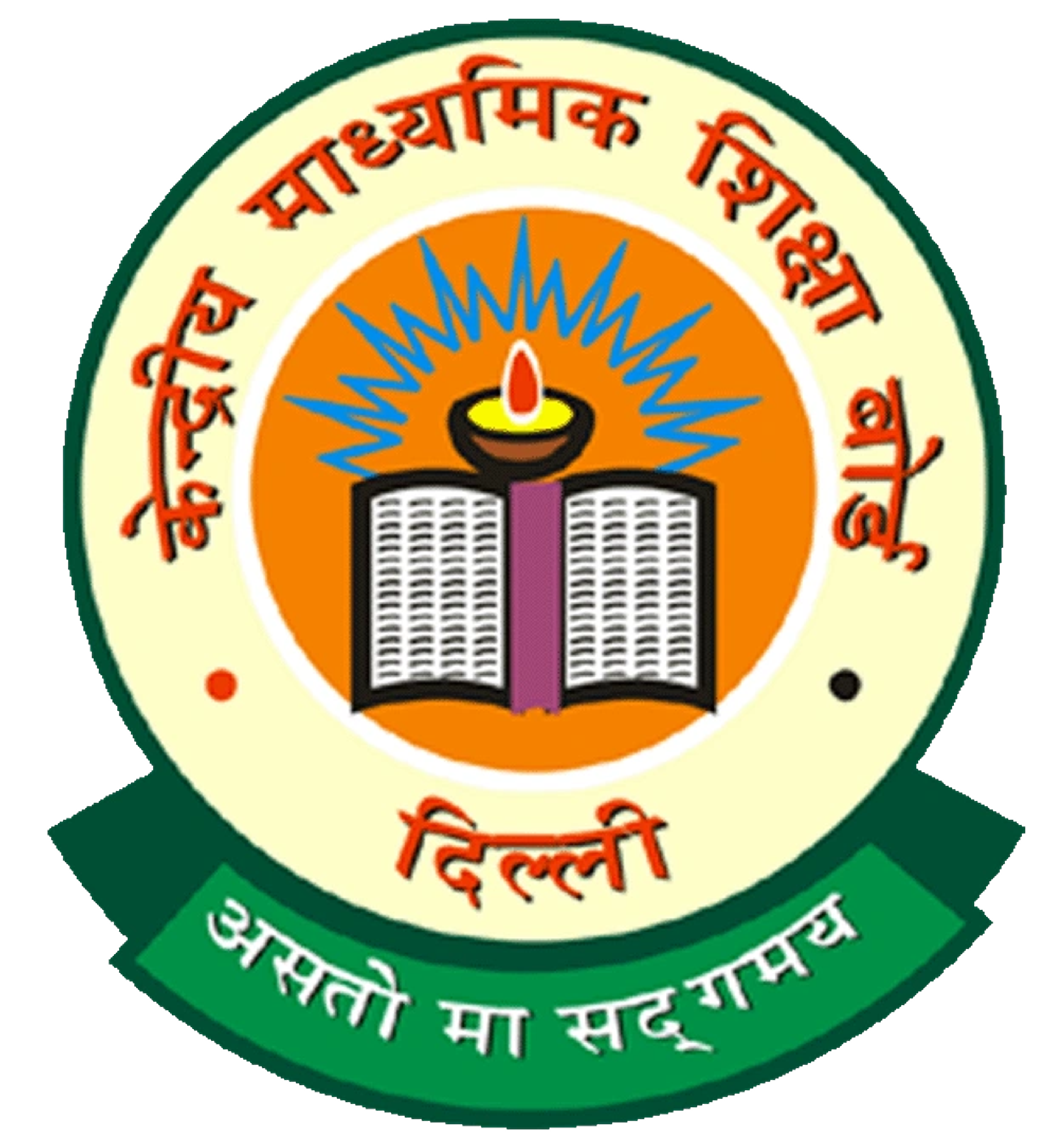
National Eligibility Cum Entrance Test
Exam Scope:
Under Graduate•Exam Date:
Jul 27, 2025M.B.B.S.
List of Top NMC Recognized Medical Colleges in India
Name of the Top Colleges | Location |
All India Institute of Medical Sciences (AIIMS) | Delhi |
Armed Forces Medical College (AFMC | Pune |
Maulana Azad Medical College (MAMC) | Delhi |
Dr. D.Y Patil Medical College | Pune |
Bharati Vidyapeeth Deemed University (BVDU) | Pune |
JIPMER College | Pondicherry |
Lady Hardinge Medical College (LHMC) | Delhi |
Grant Medical College | Mumbai |
Madras Medical College | Chennai |
Kasturba Medical College (KMC) | Mangalore |
Byramjee Jeejeebhoy Government Medical College (BJGMC) | Pune |
Lady Hardinge Medical College (LHMC) | New Delhi |
Osmania Medical College (OMC) | Hyderabad |
List of Number of Medical Colleges in India (Private & Government)
State/UT | Total Colleges | Government Colleges | Private Colleges |
Andhra Pradesh | 31 | 13 | 18 |
Assam | 13 | 13 | 0 |
Bihar | 11 | 11 | 0 |
Chandigarh | 1 | 1 | 0 |
Chhattisgarh | 10 | 7 | 3 |
Delhi | 10 | 8 | 2 |
Goa | 1 | 1 | 0 |
Gujarat | 31 | 18 | 13 |
Haryana | 12 | 5 | 7 |
Himachal Pradesh | 8 | 7 | 1 |
Jammu & Kashmir | 10 | 9 | 1 |
Jharkhand | 8 | 7 | 1 |
Karnataka | 60 | 19 | 41 |
Kerala | 31 | 10 | 21 |
Madhya Pradesh | 23 | 14 | 9 |
Maharashtra | 57 | 26 | 31 |
Manipur | 2 | 2 | 0 |
Mizoram | 1 | 1 | 0 |
Odisha | 12 | 8 | 4 |
Puducherry | 9 | 2 | 7 |
Punjab | 10 | 4 | 6 |
Rajasthan | 24 | 16 | 8 |
Sikkim | 1 | 0 | 1 |
Tamil Nadu | 62 | 36 | 26 |
Telangana | 34 | 11 | 23 |
Tripura | 2 | 1 | 1 |
Uttar Pradesh | 57 | 26 | 31 |
Uttarakhand | 6 | 4 | 2 |
West Bengal | 26 | 20 | 6 |
Total | 558 | 289 | 269 |
Top Colleges
M.B.B.S.
Eligibility Criteria
- For applying for MBBS in India, students should have a 10+2 pass having physics, chemistry, and biology subjects with a minimum of 50% (40% - 45% for reserved candidates).
- Students need to appear for all India medical entrance examinations which is now known as NEET. There are 15% of government vacant seats are available for medical courses in India.
- There is no upper age limit to sit in the MBBS entrance exams in India.
- The criteria are applicable to Indian nationals, NRIs, and Foreign Nationals.
M.B.B.S.
Syllabus
There are 3 phases of MBBS education as per the NMC regulations. Thus the syllabus is divided accordingly between 4.5 years. The MBBS course syllabus in India is as follows:
Sr. No | Course Subjects |
1 | General Medicine |
2 | Pediatrics |
3 | Tuberculosis & Chest Diseases |
4 | Skin & STD |
5 | Psychiatry |
6 | Radiology |
7 | General Surgery |
8 | Orthopedics |
9 | Ophthalmology |
10 | Ear Nose & Throat |
11 | Obstetrics |
12 | Obstetrics |
13 | Casualty |
14 | Dentistry |
M.B.B.S.
Career Opportunities
- MBBS doctors get higher salary packages in the private and public sectors.
- They can establish their own healthcare clinic at the start of their careers.
- They can perceive specialization after completing the MBBS course.
- Employment areas like biomedical companies, the healthcare sector, research institutes, laboratories, and medical colleges become available for MBBS doctors.
- Indian doctors have high demand in abroad countries with attractive salary packages.

Not sure what you are looking for? Connect with our counsellors.
Login helps you find curated results for your requirement.
